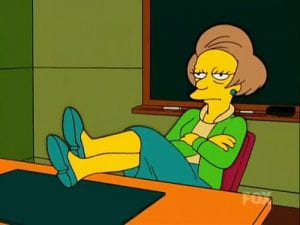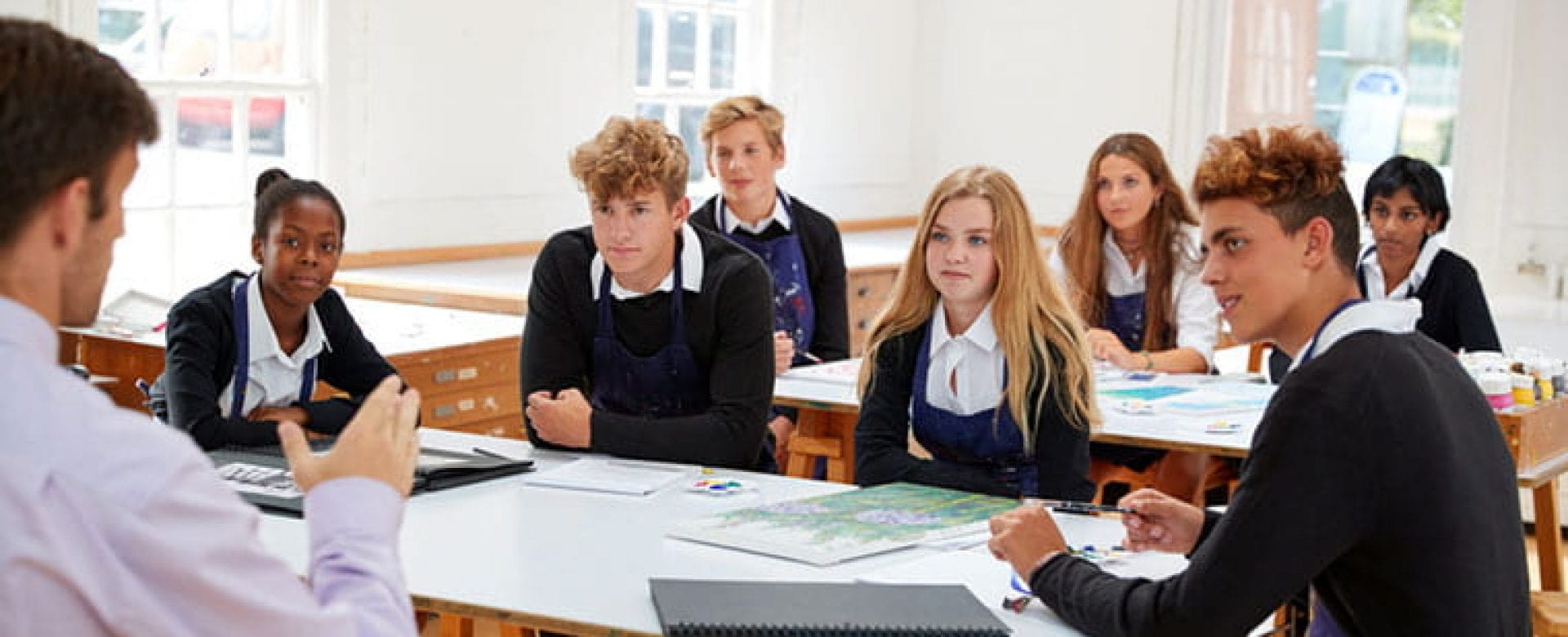
My first classroom was a breezeblock-built outbuilding. It used to be a nature or biology room back when the school was a secondary school. When it rained, the corrugated iron roof leaked and the caretaker put out a bucket. There was no talk of getting it repaired. Being outside and a draughty, wet walk away from the main school, no-one came to my classroom. The headteacher never popped by. The senior teacher next door sometimes came in to steal a copy of the worksheet I was using as she hadn’t prepared anything for that day. Once a term the NQT supervisor sat in one of my lessons and said that I was doing fine. Apart from that I was free to do whatever I wanted. It was my classroom.
Planning consisted of sketching out a subject timetable for the week. Occasionally, I was asked to hand them in but I don’t know what happened to them after that. Sometimes the year group would meet as it was a 4-form entry school. We would brainstorm activities to do around a History or Science topic and collect resources. I was usually the only one who followed up on these ideas. I had a brilliant English tutor on my PGCE course so I would often plan activities around a children’s book but this was my own personal preference. They would do free writing around the text with a bit of modelling from me and I sometimes taught a punctuation lesson. I tried to do Maths once a day and taught arithmetic and shape. My fellow NQT took my class the following year and told me their Maths was good, I explained that I tried to do a bit of Maths every day and she looked amazed as she said that she hardly ever taught Maths!
There were very few resources. The book corner was old and tatty. Most of the furniture was from the 70s. At the end of term, we would scratch around for pencils under the cupboards as we wouldn’t get any new ones. A Pritt stick was unheard of. There was no photocopier, only an antique Banda machine – I’m not even going to describe what that was! There was one BBC computer in the school. I don’t think we knew what to do with it!
Most amazingly of all, the leadership of the school consisted of the head, the deputy and an in-class senior teacher. Since it was such a large staff, they were outnumbered by far. Whenever the leadership tried to impose change, the staff insisted it wasn’t practical and would refuse to do it.
The day after the 1997 election, I went into school elated. There was a buoyant mood in the staffroom; not least because our new MP was Stephen Twigg who had just ousted Michael Portillo! Things were going to get better indeed.
Today’s NQTs have the advantages that a Labour government provided: fit-for-purpose school buildings, IT resources and support, better training, in-class support, higher standards, classroom resources, literacy and numeracy training and the expectation to teach it (!). I could go on. I knew when Labour lost in 2010 that it wouldn’t be long before funding would start to decrease, and we’d be scratching around for pencils again.
What though has been lost in the push for progress? Would today’s NQTs know what to do with the freedom I had? Not least the freedom to fail and learn by myself in a non-judgmental environment. Do they have the creativity to teach the National Curriculum without relying on published schemes? Could they do it with just a blackboard and some sugar paper? Future education policy must put the joy and creativity back into teaching. Retaining teachers must be a priority. This can be done by celebrating the success of Labour education policy but recognising and repairing where it failed too.
Dawn Foster. Ex-Primary Teacher.

